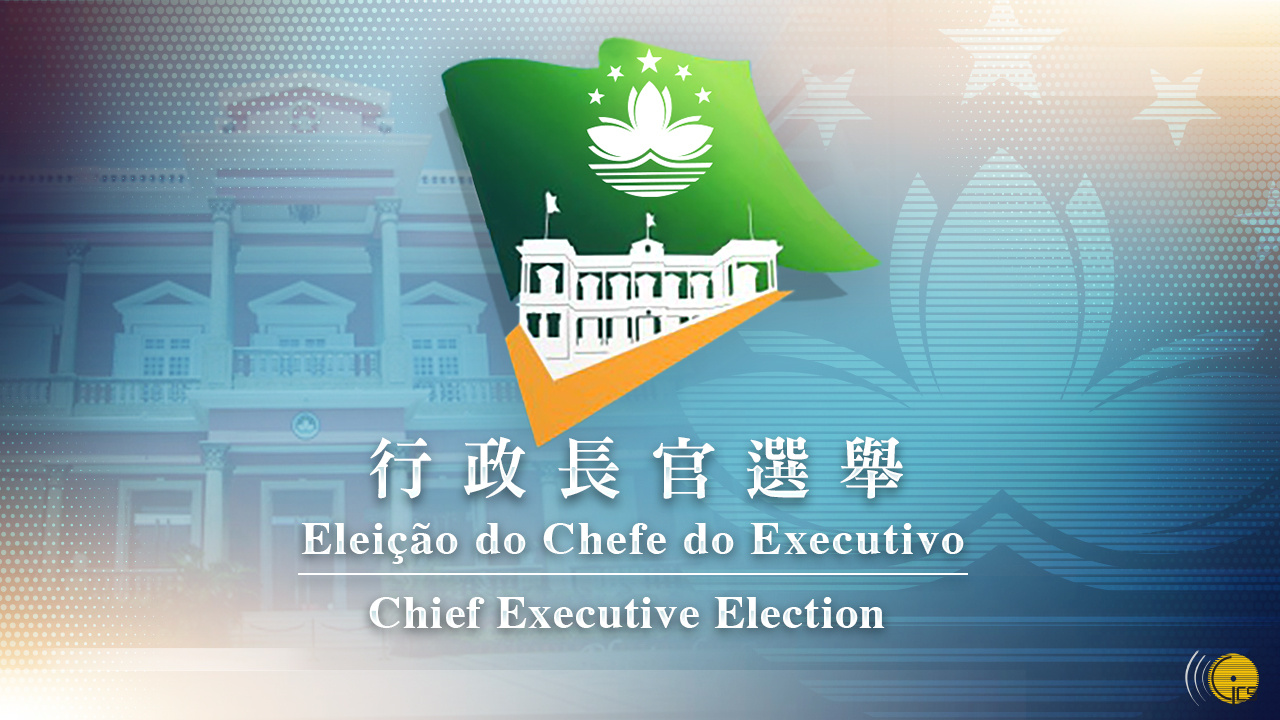
The Electoral Affairs Commission for the Chief Executive Election issued guideline 1/CAECE/2024, with binding power and covering standards and regulations on four aspects regarding the 11 August poll to choose members of the Chief Executive Election Committee.
The four aspects covered in the guideline are: 1. Prohibition of engaging in illegal campaigning activity; 2. Prohibition of using mobile phones and other devices with communication or recoding capabilities inside polling stations; 3. Prohibition of voters disclosing their polling preference after the vote is cast, or disclosing their voting intention; and mandatory use of designated pens to mark the ballot papers.
The guideline – available in Chinese and Portuguese – can be found on the Chief Executive Election website (www.ece.gov.mo).
The poll to choose members of the Chief Executive Election Committee will take place on 11 August. The 400-member Committee will subsequently elect the sixth-term Chief Executive of the Macao Special Administrative Region.
The campaigning period for the 11 August poll will begin after the stroke of midnight on 27 July 2024, and end at midnight on 9 August 2024. Guideline 1/CAECE/2024 defines what is considered “campaign propaganda” and clearly states that any election propaganda within the vicinity of polling stations and buildings hosting polling stations – including their fences or exterior walls – is strictly prohibited. Furthermore, the guideline specifies the legal penalties for conducting campaigning propaganda on the day before the poll for the Chief Executive Election Committee members and on the election day itself.
The guideline specifies the prohibition of using mobile phones and other similar devices inside polling stations. That includes use of mobile phones or any other devices with communication, recording, photography, or video recording capabilities inside polling stations, unless prior approval has been obtained from the Electoral Affairs Commission. Additionally, it is strictly prohibited to capture or record any images of one’s own or other voters’ ballots through photography or video recording. Those violating these rules may be charged for aggravated disobedience, according to Clause 2 of Article 3 of the Chief Executive Election Law.
Additionally, on the day of the poll for the Chief Executive Election Committee, anyone who, within a polling station or within a 100-metre radius of a polling station, uses coercion or any other means, or exploits their influence over a voter, for the person to disclose their polling preference after the vote was cast, or disclose their voting intention, might face an imprisonment sentence of up to six months. Voters who, inside a polling station or within a 100-metre radius of a polling station, disclose their polling preference after their vote was cast, or disclose their voting intention, shall be subject to a maximum fine equivalent to 20 days of standard per-day penalty.
Guideline 1/CAECE/2024 also specifies the method of marking ballot papers. To facilitate the electronic counting of votes, voters must use the designated pens provided by the Electoral Affairs Commission, which will be made available inside each polling booth. Voters are required to mark on the ballot paper the square corresponding to the candidate's name they wish to vote for, using the symbol "▄▄" to indicate their voting intention. No other markings on the ballot paper will be considered valid. The latest guideline by the Electoral Affairs Commission also covers the circumstances under which a ballot paper is considered invalid, and ways for voters to ensure the secrecy of their vote.


